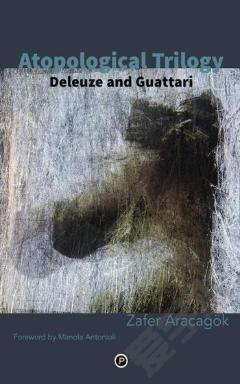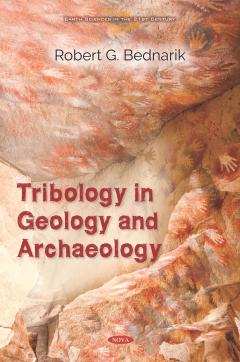Atopological Trilogy —— Deleuze And Guattari
----- 特应症三部曲:德勒兹和瓜塔里德勒兹和瓜塔里
Atopological Trilogy creates new concepts for Deleuze-Guattarian thought without any heed for sectarian, sermonising, or dutiful readings of the philosophers. In Part I of the trilogy, 鈥淏ecoming-Sexual of the Sexual,鈥?Aracagok demonstrates the ways in which quantum theory and the concept of 鈥渃omplementarity鈥?inform Deleuze and Guattari thought, especially in relation to 鈥渂ecoming鈥?in general and 鈥渂ecoming-woman鈥?and 鈥渂ecoming-queer鈥?more particularly. Aracagok argues that the ways in which the philosophers put forward a ban on 鈥渂ecoming-man鈥?with a certain degree of undecidability encapsulates (albeit in a cryptic form) other becomings, the most important of which is becoming-queer, or rather, the becoming-sexual of the sexual. In Part II: 鈥淒eleuze on Sound, Music, and Schizo-Incest,鈥?Aracagok puts into resonance the sound, noise, and music (and the question) of schizo-incest with the intention of deterritorialising a notion of the meta-audible. If Kafka story, 鈥淭he Investigations of a Dog鈥?leads us to a realm of the 鈥渇ormless鈥?which cannot be heard without destroying what we know as 鈥渉earing,鈥?it also offers us a limit-experience of the meta-audible, which, when radicalised via the notions of 鈥渟chizo-incest鈥?and 鈥渟elf-shattering,鈥?creates a line of flight that escapes even from the line of flight itself. All these maneuvers pose a serious challenge to Deleuze and Guattari, who claim that despite all his investigations, Kafka investigator dog is re-Oedipalised in the end. Proposing in the end a limit experience which Aracagok calls the 鈥渕eta-audible,鈥?he shows that Kafka more radical approach to sound creates a line of flight that escapes even from the line of flight itself
{{comment.content}}








 京公网安备 11010802027623号
京公网安备 11010802027623号